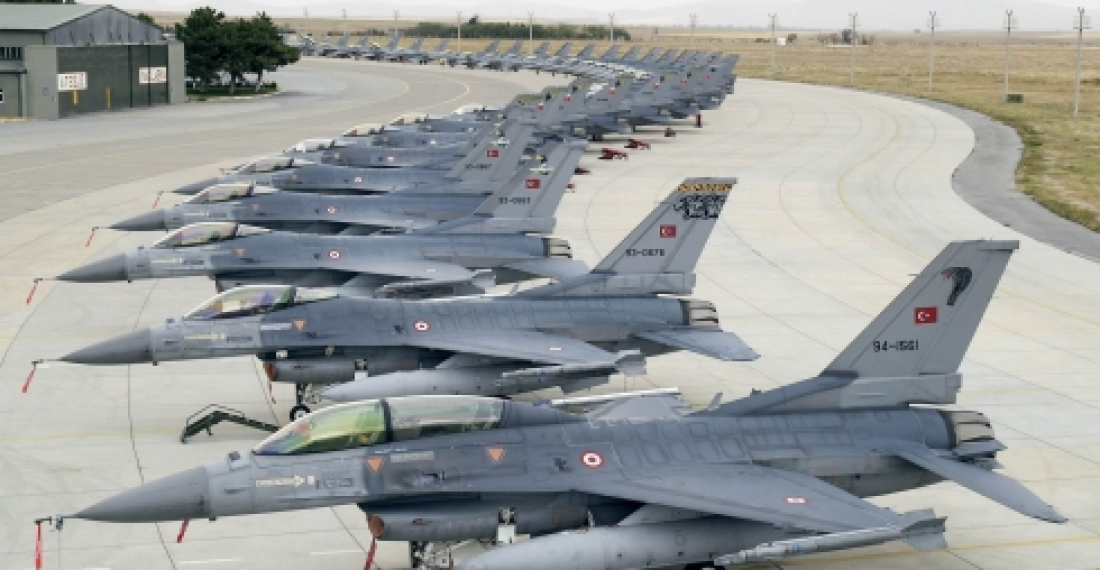The Turkish and Azerbaijani Air Forces have started joint tactical exercises under the name "TurAz Falcon 2015".
Elements from both air forces, with Mig-29, F-16 fighters jets, Su-25 strike assault aircrat, F-4E bombers, C-130 Hercules military transport planes, Mi-35 combat, Mi-17 and Sikorski UH-60 combat and transport helicopters, Cougar AS532 search and rescue helicopters and other aircraft are said to be involved in the exercises that started on Saturday (22 August) and are due to continue until September 18.
A statement by the Azerbaijani Ministry of Defence said that the exercises were part of the annual plan of co-operation between the Ministries of Defence of the two countries. Turkey has one of the largest air forces in the region with approximately 668 manned military aircraft and 60,000 personnel. It uses the latest models of US military aircraft. Azerbaijan's airforce is much smaller and uses mainly Russian equipment, including the Mig-29.
source: commonspace.eu
photo: F-16 aircraft of the Turkish Air Force are participating in the TurAz Falcon 2015 exercises being held with Azerbaijan from 22 August to 18 September 2015. (archive picture).







